Keeping your air conditioner in good shape is very important, especially in hot places like Dubai. While hiring a professional for AC maintenance is always a good idea, many homeowners try to do basic maintenance on their own. This can save money, but only if it’s done the right way.
In this blog, we will guide you through common mistakes people make during DIY AC maintenance and how you can avoid them. We’ll also share helpful tips to keep your AC running smoothly and safely.
Why Is DIY AC Maintenance Popular?
People Want to Save Money
Many people choose to maintain their AC systems on their own to avoid paying for professional services. While small tasks like cleaning filters can be done easily, others may be risky or too technical.
Simple Tasks Are Easy to Learn
Some AC maintenance tasks look simple—like removing dust or changing filters. With help from online videos or blogs, many feel confident enough to do it themselves.
What Are the Risks of DIY AC Maintenance?
Lack of Experience Can Be Costly
If you don’t know exactly what you’re doing, you might cause more damage. This could lead to bigger repair bills later.
Safety Hazards
Working with electrical devices like an air conditioner can be dangerous. There is a risk of electric shock, gas leakage, or even fire if safety steps are not followed.
Note:- If you’re looking for trusted experts to handle your AC system, don’t wait for the heat to become a problem! Book your reliable AC Maintenance Service in Dubai today and enjoy peace of mind with cool comfort all year round.
Common Mistakes to Avoid During DIY AC Maintenance
Let’s go through the most common mistakes people make and how you can avoid them.
1. Not Turning Off the Power Before Starting
Why This Is a Big Risk
Before you open any part of your AC unit, the first step should always be turning off the power supply. Many people forget this simple step, putting themselves at serious risk of electric shock.
What You Should Do
- Always switch off the AC unit from the main power source.
- If you are unsure, contact an expert to help with the initial steps.
2. Using the Wrong Cleaning Products
Avoid Harsh Chemicals
Using strong or harsh cleaning agents can damage the delicate parts of your AC, such as the evaporator coils or filters.
Safe Alternatives
- Use a mild soap and water mixture.
- You can also buy AC-specific coil cleaners from hardware stores.
- Never spray water directly into electrical parts.
3. Not Cleaning or Replacing the Air Filters Properly
Filters Get Dirty Quickly
The filter traps dust, dirt, and pollen. If not cleaned or replaced regularly, your AC will have to work harder, which uses more energy and shortens its life.
Tips to Clean or Replace Filters
- Clean your filters once every two weeks in hot weather.
- Replace filters every 2–3 months or as needed.
- Make sure the new filter is the correct size.
4. Ignoring the Condenser Unit
What Is the Condenser Unit?
This is the big box-like structure outside your home. It gets dirty from leaves, dust, and even bird droppings. Ignoring it can reduce your AC’s cooling performance.
How to Take Care of It
- Remove any debris around the unit.
- Gently rinse the outside with water.
- Never use high-pressure water as it can bend the fins inside.

5. Not Checking the Thermostat
It’s More Important Than You Think
The thermostat controls your room’s temperature. If it’s not working correctly, the whole system can become inefficient.
What You Can Do
- Check the batteries and replace them if needed.
- Make sure the thermostat is not placed near heat-producing devices.
- Consider upgrading to a smart thermostat for better control.
6. Skipping Coil Cleaning
Why Coils Matter
Your AC has two main coils: evaporator coils (inside) and condenser coils (outside). If these coils get dirty, they can’t absorb or release heat properly.
Cleaning Tips
- Use a soft brush or coil cleaner.
- Don’t scrub too hard to avoid bending the coils.
- Rinse with water and let it dry completely before turning the AC back on.
7. Forgetting to Unclog the Drain Line
What Is the Drain Line?
The drain line removes the moisture your AC pulls from the air. If it’s clogged, it can lead to water damage or mold growth.
How to Unclog It
- Locate the drain line opening near the indoor unit.
- Use a vacuum or a pipe brush to clear it.
- You can also pour a mix of water and vinegar to prevent future clogs.
8. Overfilling the Refrigerant
Don’t Try to Add Refrigerant Yourself
Some people try to refill the refrigerant (cooling gas) themselves. This is not only dangerous but also illegal in many places unless done by a licensed technician.
What to Do Instead
- If your AC is not cooling, call a professional.
- Only certified technicians can check gas levels and refill safely.
9. Not Inspecting the Ducts
Leaks Can Waste Energy
If your AC ducts have leaks or holes, cool air will escape, making your system less effective.
Signs of Leaky Ducts
- Uneven cooling in different rooms.
- Higher energy bills.
- Dust coming from the vents.
10. Skipping Annual Professional Servicing
DIY Isn’t Always Enough
Even if you do basic maintenance on your own, you should still get your AC professionally serviced at least once a year.
Why It Matters
- Professionals can check things you might miss.
- They have tools to test for gas leaks, motor wear, or compressor issues.
- Annual service helps your system last longer and work better.
Extra Tips for Safe DIY AC Maintenance
Keep Your Surroundings Clean
Always clean the area around your indoor and outdoor AC units to avoid blocking air circulation.
Use Proper Tools
Never use sharp or hard objects to clean delicate parts of your AC. Use soft brushes, cloths, and light pressure.
Watch Out for Strange Noises
If you hear grinding, buzzing, or banging sounds from your AC, stop using it and call a technician. These sounds usually mean a serious issue.
When Should You Call a Professional?
DIY maintenance is good for small tasks, but some signs mean it’s time to call an expert:
- AC is blowing warm air.
- Strange smells or sounds.
- Water leaking from the unit.
- The system keeps turning on and off.
- Very high electricity bills without more usage.
Conclusion
Doing your own AC maintenance can be helpful—but only if you avoid common mistakes and follow the right steps. It’s important to understand your limits. Some tasks are best left to trained professionals.
By avoiding the mistakes we shared and following safe tips, you can keep your AC running well, save energy, and enjoy a cool and comfortable home—especially during the hot months in places like Dubai.
For more insightful articles related to this topic, feel free to visit viewsparrow
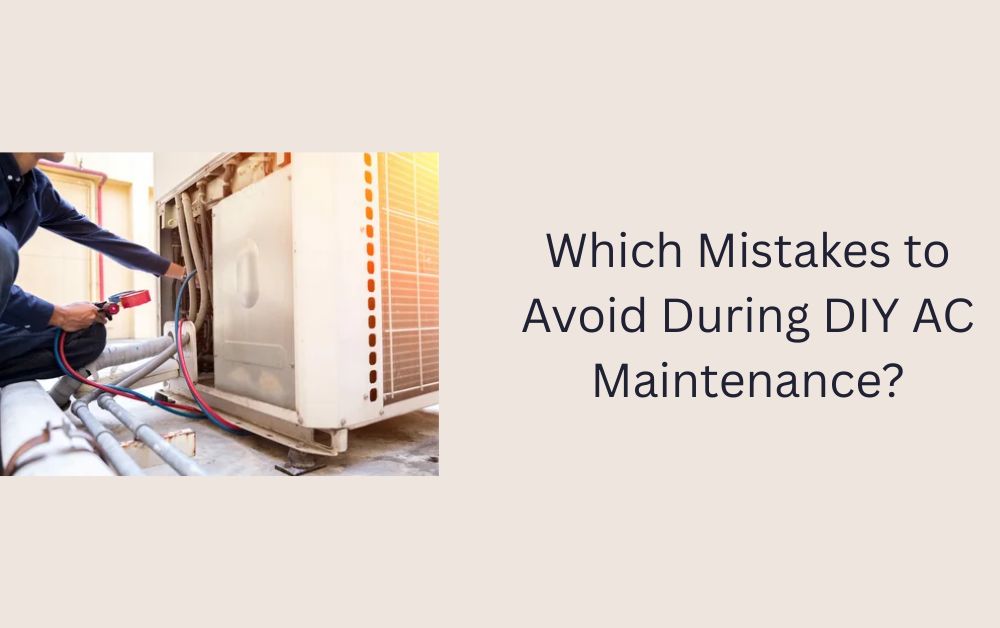
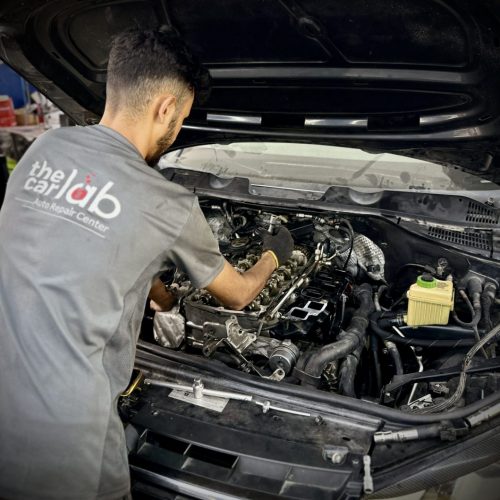


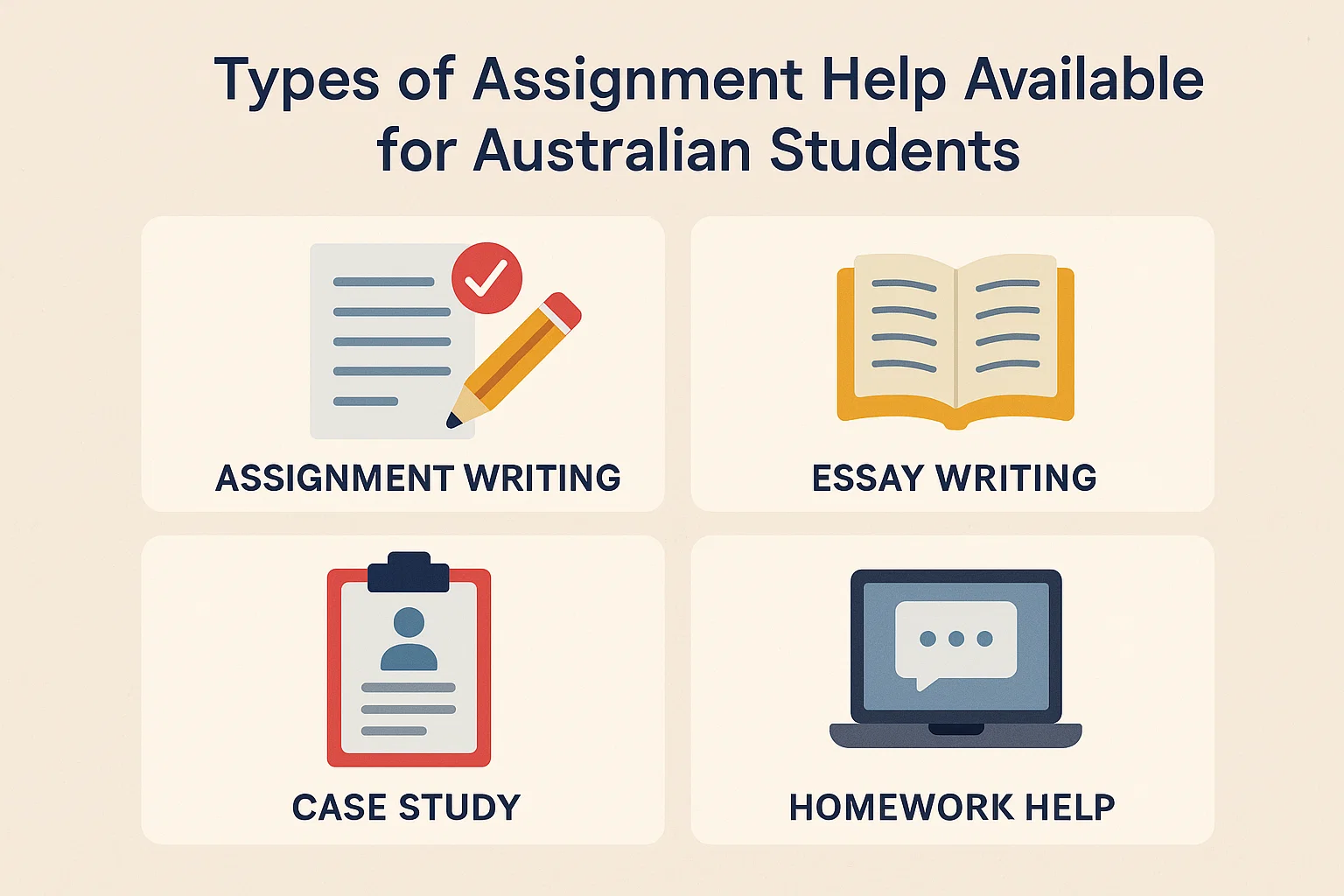

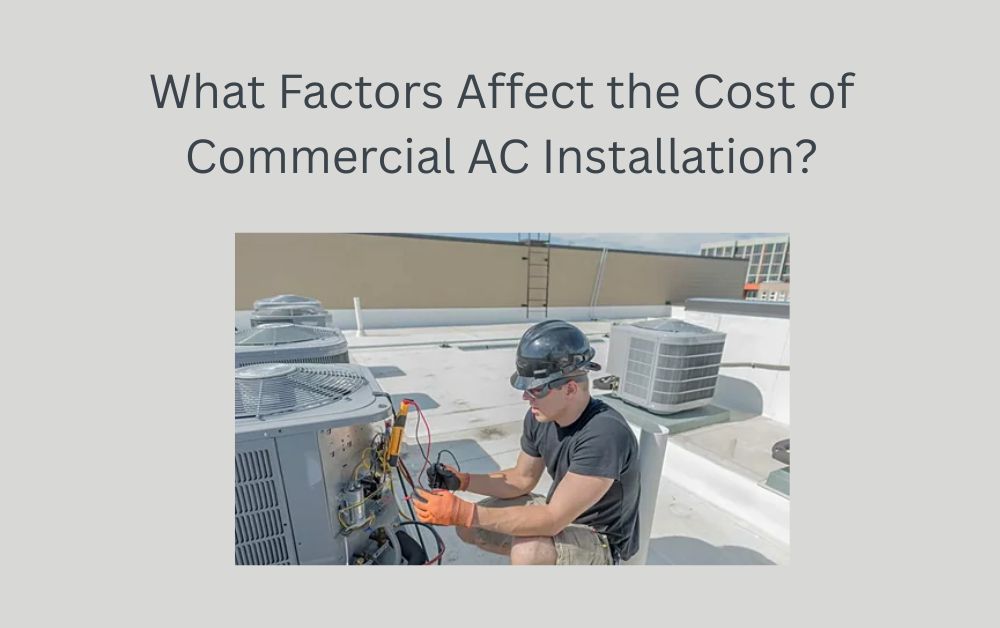
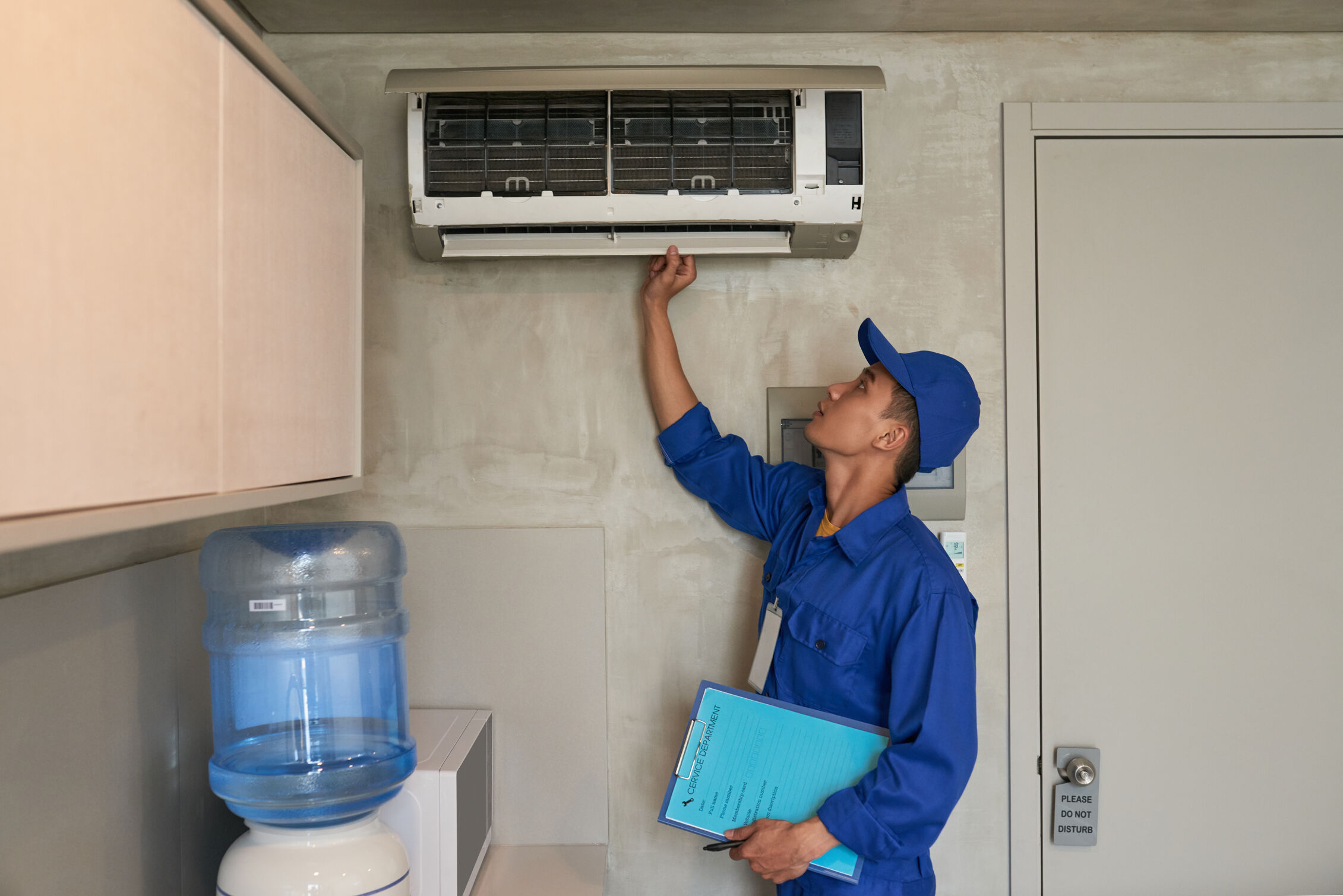
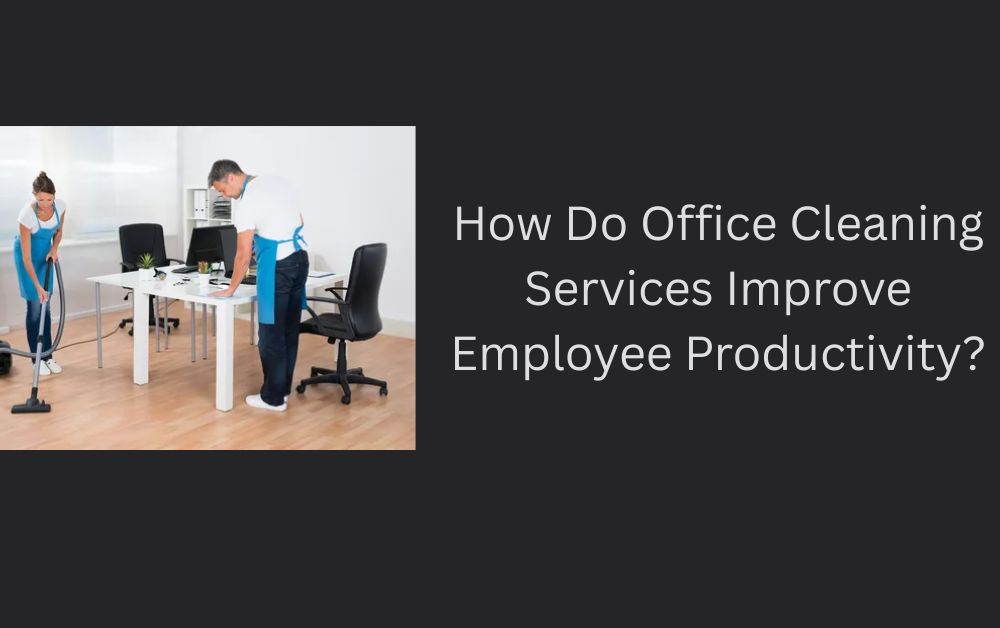
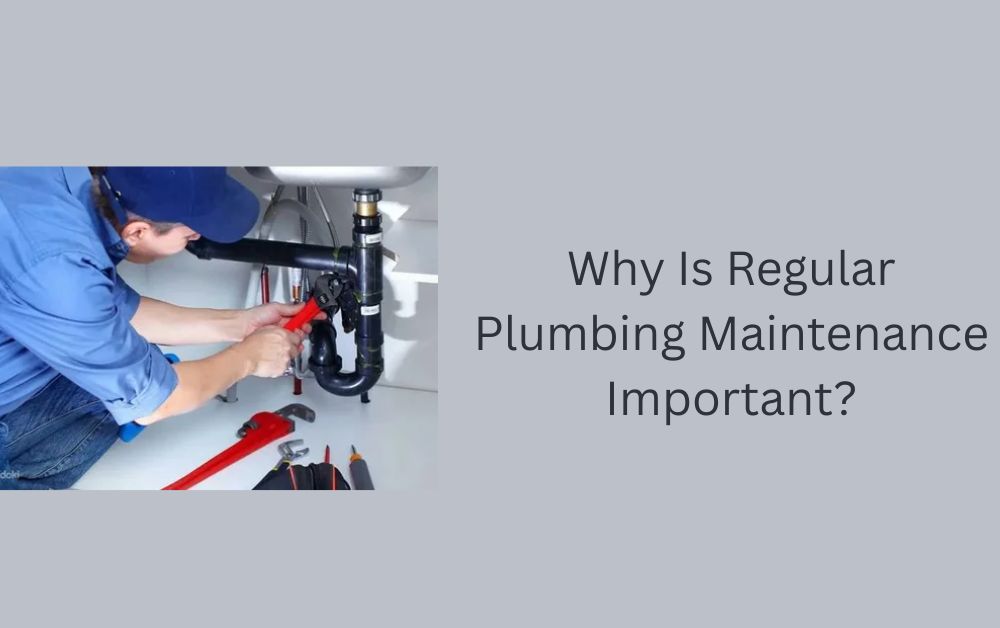

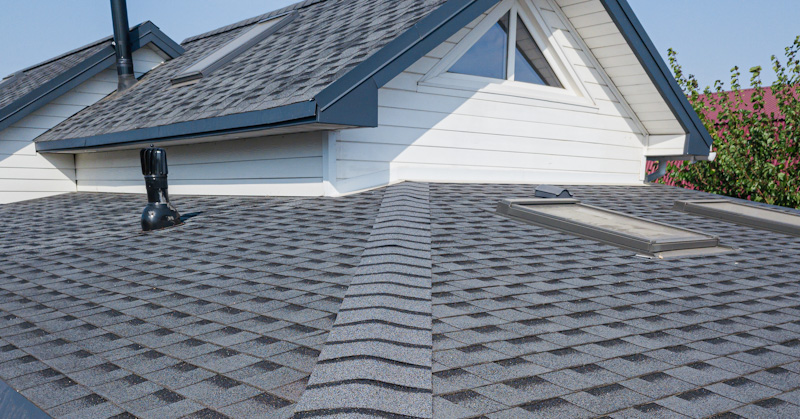
Leave a Reply